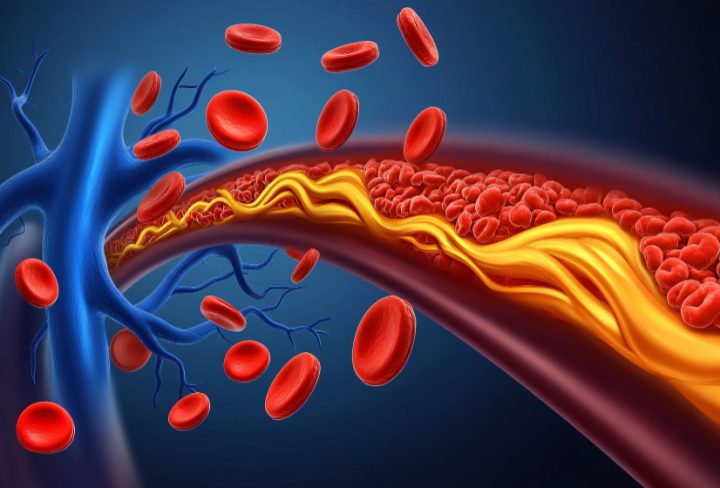Introduction
Many people worry about cholesterol. However, not all the information you hear is true. In the United States and around the world, hyperlipidemia (high cholesterol) is a common concern. Because of this, it is important to know the facts. This blog will help you understand the truth about cholesterol and clear up common myths. Accurate knowledge can help protect your heart health.
What is Hyperlipidemia (High Cholesterol)?
Hyperlipidemia means you have too much fat, like cholesterol, in your blood. Cholesterol is a waxy substance your body needs for many functions. But, when levels get too high, it can build up in your blood vessels. This buildup can lead to heart disease and stroke. Often, hyperlipidemia does not cause symptoms. Therefore, many people do not know they have it until a blood test shows high cholesterol.
Common Myths About Cholesterol
There are many myths about cholesterol. Let’s look at some of the most common ones and learn the truth.
Myth 1: Only Older People Get High Cholesterol
Many think high cholesterol only affects older adults. However, young people can have hyperlipidemia too. Poor diet, lack of exercise, and family history can raise cholesterol at any age.
Myth 2: Thin People Don’t Need to Worry About Cholesterol
Some believe only overweight people get high cholesterol. In reality, anyone can have high cholesterol, even if they look thin. Genetics and lifestyle play a big role.
Myth 3: All Cholesterol is Bad
Not all cholesterol is harmful. Your body needs some cholesterol to work well. There are two main types: LDL (“bad” cholesterol) and HDL (“good” cholesterol). While high LDL can cause problems, HDL helps protect your heart.
Myth 4: You’ll Feel Symptoms If You Have High Cholesterol
High cholesterol usually has no symptoms. You can feel fine and still have high levels. Because of this, regular blood tests are important to check your cholesterol.
Myth 5: You Can’t Lower Cholesterol Without Medicine
Some people think only medicine can lower cholesterol. But, healthy eating, exercise, and weight loss can help lower cholesterol for many people. Sometimes, though, medicine is needed if lifestyle changes are not enough.
Facts vs. Myths Table
Health Risks of High Cholesterol
High cholesterol can be dangerous. Over time, it can cause fatty deposits to build up in your blood vessels. As a result, blood flow to your heart and brain can slow down or stop. This can lead to heart attacks and strokes. According to the CDC, heart disease is the leading cause of death in the United States. Lowering high cholesterol can help reduce your risk.
Evidence-Based Guidance
Experts from the World Health Organization and CDC recommend regular cholesterol checks. If you have high cholesterol, your doctor may suggest lifestyle changes first. Sometimes, you may need medicine. However, following your doctor’s advice is the best way to manage hyperlipidemia (high cholesterol).
Prevention Tips
There are many ways to help prevent high cholesterol. Try these tips:
Conclusion
In summary, knowing the truth about cholesterol can help you make better choices for your heart. Do not let myths guide your health decisions. Instead, talk to your doctor and follow evidence-based advice. Consult a healthcare professional for personalized advice on managing high cholesterol.


